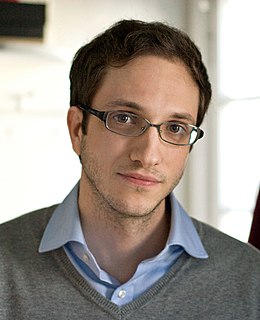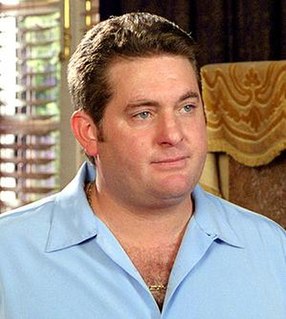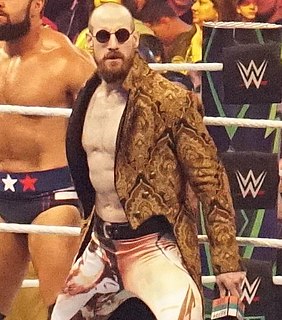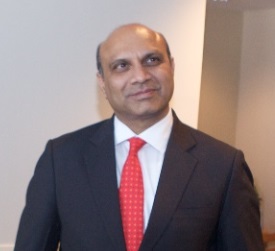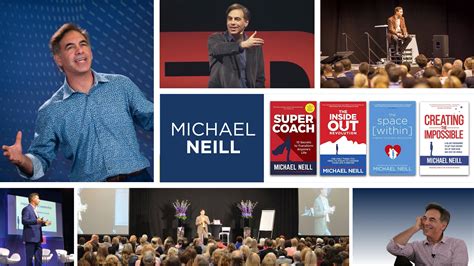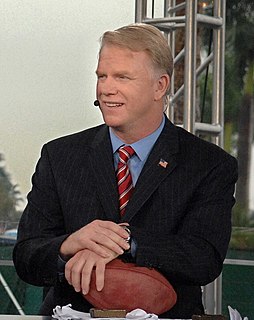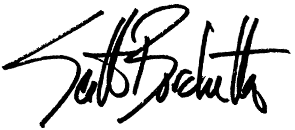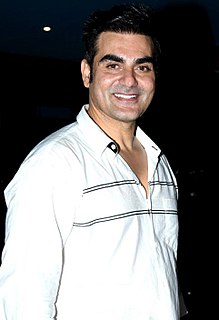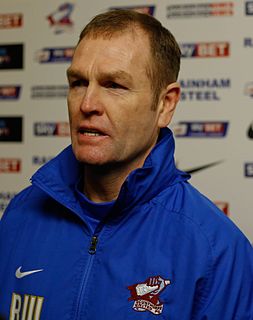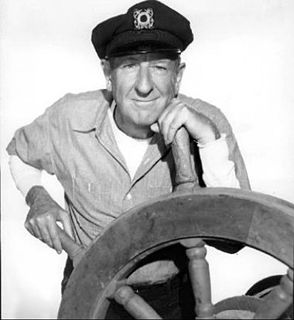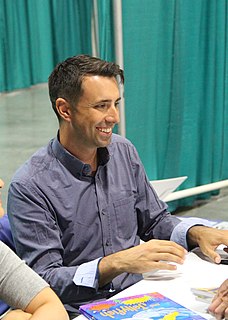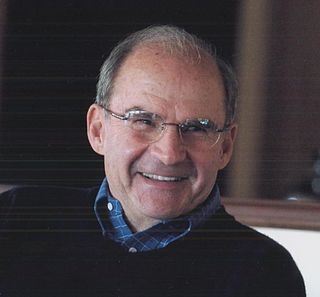Top 1200 Web Content Quotes & Sayings - Page 3
Explore popular Web Content quotes.
Last updated on April 21, 2025.
The term 'web-series' has a stigma attached to it because it was created at a time when the only web-series that were being created were being created by people who would have loved to have a television show, but they couldn't. So they created a web-series instead, on their own dime. And those series look cheap because of it.
New York's niche is content, and content is becoming more valuable. Just think about what is more valuable: MTV or the cable system that you use to get MTV? Howard Stern or the radio station you use to listen to him? Ultimately, technology becomes a commodity, and content - real, true branded content - becomes more valuable.
Some millennials have completely stopped watching TV. So for them, we've created special digital content for handheld devices only. We've paid close attention to how to present online content effectively. We try to catch their attention within the first five seconds - otherwise, they click onto a different content.
Given the trendlines of digital publishing, where more and more large platforms are profiting from, and controlling, the works of individuals, I can't stress enough: Put your taproot in the independent web. Use the platforms for free distribution (they're using you for free content, after all). And make sure you link back to your own domain.
An electronic paper has infinite space because you can bring forth as much content as a reader wants. And the resolution of ads is very high. And when you touch the ad you can interact with the advertiser and the paper will take you to the advertiser's Web site and you can get more information. So ideally there should be a better connection between the ads you're shown and what you're actually interested in.
What defines Web 2.0 is the fact that the material on it is generated by the users (consumers) rather than the producers of the system. Thus, those who operate on Web 2.0 can be called prosumers because they simultaneously produce what they consume such as the interaction on Facebook and the entries on Wikipedia.
If you knew the user, you'd let them in. But, the content could contain a lot of dangerous stuff, even if you know the person using that content, you have to check what's inside there. That's where Fortinet started, trying to go deep inside of content, or inside an application to make sure those were secure.


